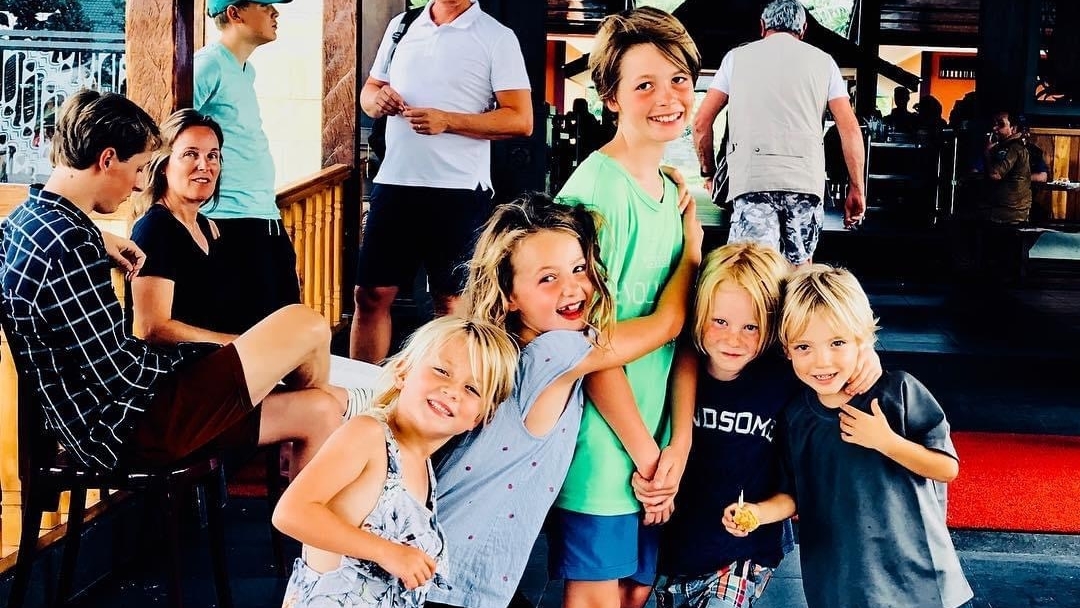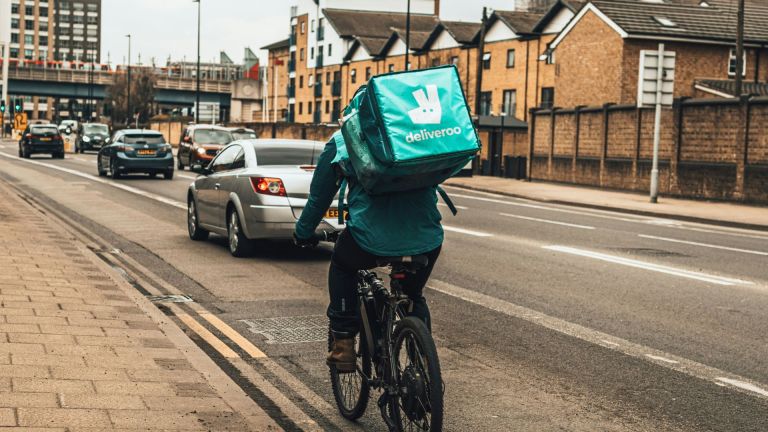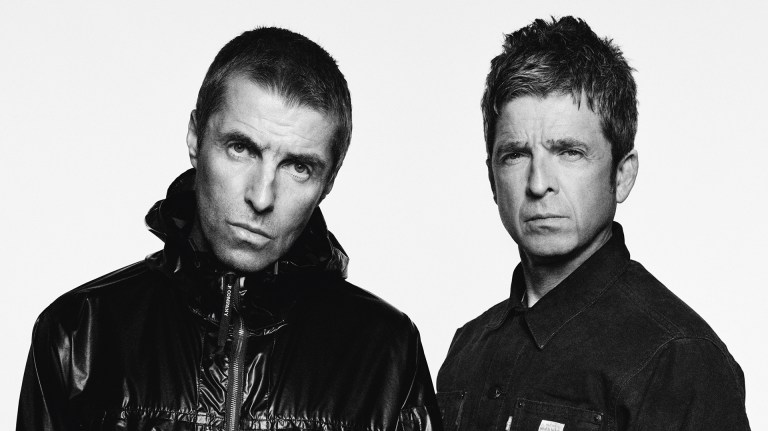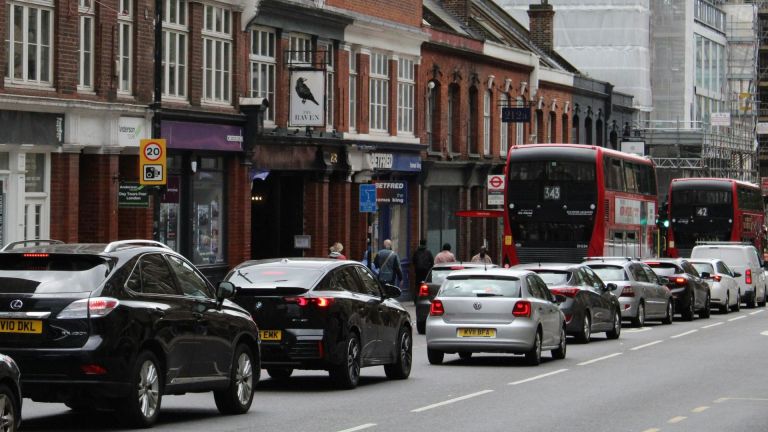I’ve always wanted to adopt from an early age. For me it became a necessity in later life: my wife and I tried to have our own children naturally for seven years. Our struggle with fertility was incredibly challenging, and like so many people like us who struggle to bear a child and are disappointed time and again; it can be a really dark experience.
After seven years, we said goodbye to our own fertility journey and embraced adoption. We began to explore the process and went in thinking we wanted a baby, or very young children to mould them in our image. But very quickly our eyes were opened to the range of children waiting for their forever family, particularly those who wait the longest.
Sadly, children who are over five years old, in brother and sister groups, or who have additional needs tend to wait a year longer to be adopted from care, compared to other children – and children from ethnic minorities also face delays due to a range of factors.
Most people who come forward to adopt have an idea of wanting a very young child or baby, just like we did – in fact, 88 per cent of those who have thought about adoption say they would prefer to adopt a child aged between one and four. People worry they’ll be overwhelmed or lack the skills and resilience to look after older children or sibling groups, as well as children who might have a physical or learning disability.
However as we went through the process, we found ourselves quickly becoming far less rigid in our search criteria. When we came across our children’s profile, a brother and sister who were much older than we’d originally been looking for, we quite simply fell in love with them. Their personalities jumped out of the page at us, particularly the older child because there was more to say and know about him. Only after we were hooked, did we realise that they were nearly five and two years of age, but it didn’t matter: there was something in their characteristics which we fell in love with.
This is a common experience in adoption, with more than half of adopters saying they became more open minded to children who would typically be considered ‘harder to place’ as they moved through the process.











